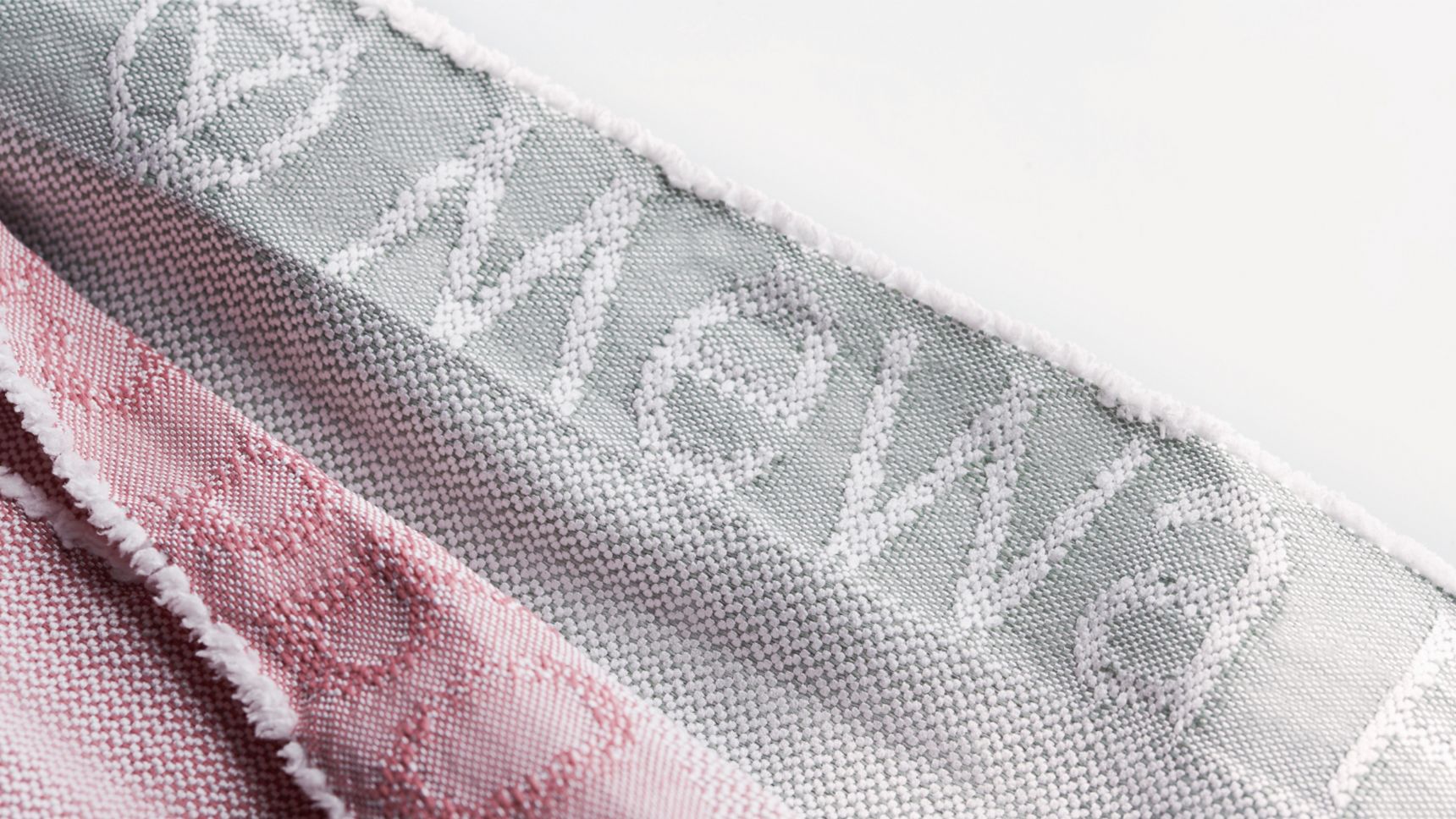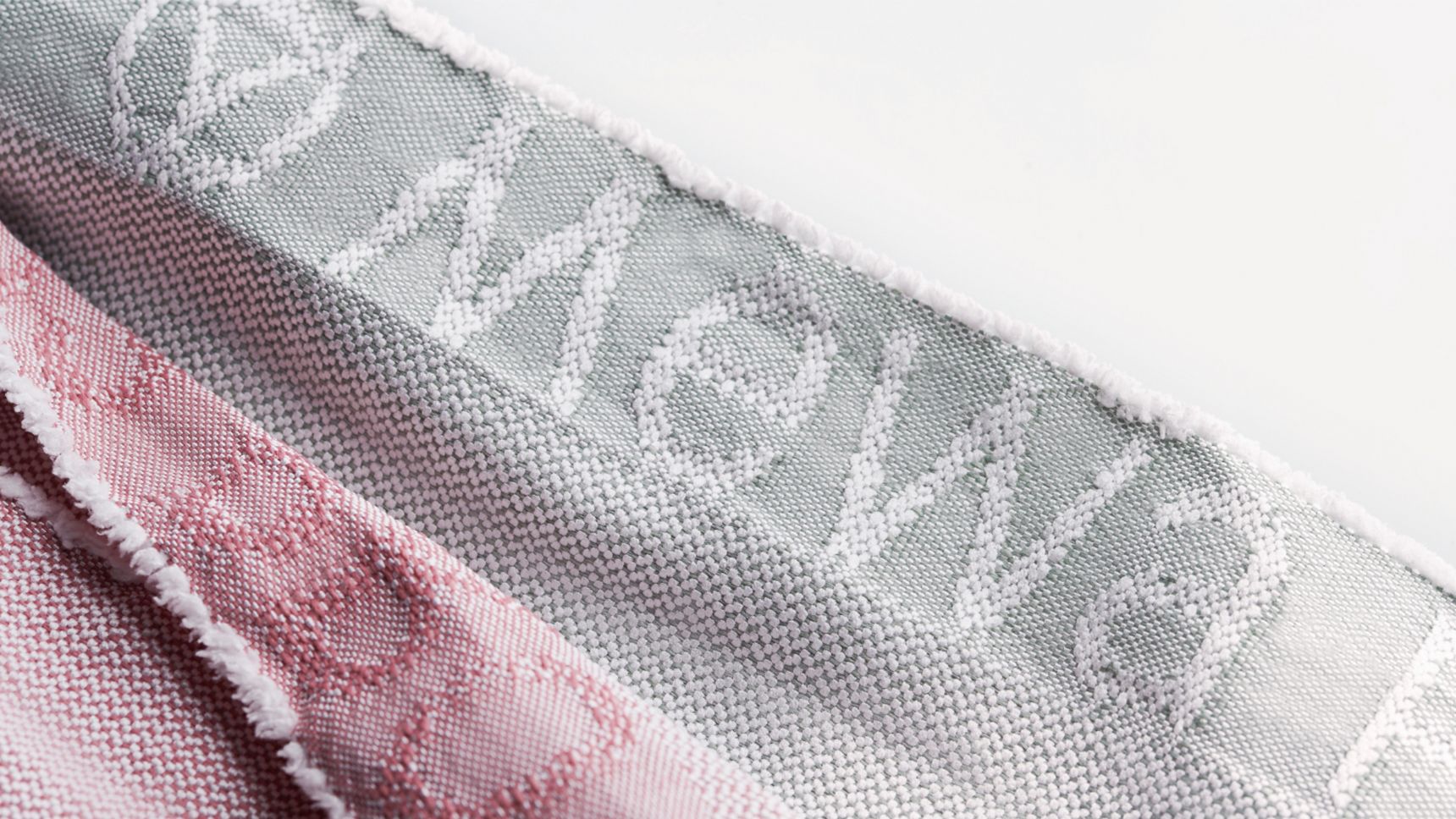Disposable paper roll and single-use wipes: the wrong choice for business and the environment

Across industry, workers are constantly mopping up spills, leaks or dirty smudges of liquid – but at what cost to profitability and sustainability? Using disposable cleaning cloths or blue industrial paper towel rolls for this purpose is both economically and environmentally expensive. What if, instead, you could ‘hire’ a textile cleaning cloth, return it for washing when it’s dirty, and pick up a clean one? That’s what around 2.8 million employees across Europe do every day with Mewa’s reusable cleaning cloth rental model.
The idea of a sharing economy in which people use rather than own resources is very current in society and commerce today, but it’s not new. MEWA has been doing it for over a hundred years and our cloths are now rented by about 190,000 companies in 21 countries.
Garage and printing workshops and other dirt-intensive workplaces have more need than most for wipes to keep their machinery, equipment and premises clean. In the Mewa system, clean reusable cloths are delivered as necessary. After use, they are placed in our SaCon safety container. From there, they are collected, washed, dried and delivered back to the client clean.
Reusing items is more environmentally sustainable than throwing them away. Companies choosing a green option can enhance their reputation, which helps in attracting and retaining customers and staff. More immediately, lowering waste reduces expense. In this case, time, materials and energy are saved, and costly health and safety lapses avoided.
Traditional cleaning scenarios
In printing, mopping focuses on ink and on the solvent-based cleaning fluids used to remove it from machinery and surrounding surfaces. Given that slips and trips account for about a fifth of serious injuries at work, any liquid reaching the floor needs to be removed quickly.
Printshop cleaning maintenance involves a combination of wiping machinery and mopping up spills Cloths and wipes become soaked in solvents, which can affect health via breathing or skin contact. They must be treated as hazardous waste and stored in firmly closed, fire-resistant containers.
In garages, spilled fluids may include lubricant, hydraulic and cooling oils, fuels, anti-freeze and screen wash. Blue roll and oily rags are commonly used to wipe away small spills, while trays are placed under leaks. These liquids pose slipping and skin contact hazards. All waste oils other than edible oils are classed as ‘absolute hazardous’ under the Waste Framework Directive. Wipes contaminated with them must be safely stored and contained in airtight, sealable containers, as they can catch fire if exposed to oxygen.
What Mewa wipes do differently
Cost and efficiency savings
Because our cloths are better suited to their job and offer higher absorbency, they clean in less time. The saving compared to disposable paper roll, for example, is up to 35%. Meanwhile, our mats avoid the time-consuming processes around emptying drip trays, applying and removing materials such as sand, and degreasing.
Mewa takes away the administrative time, effort and cost involved in checking and reordering stock, using up valuable storage space, tying up capital, and arranging legally compliant transport and disposal. Mewa handles everything and ensures secure supplies.
The full legal compliance of Mewa’s system will spare you from health and safety fines, while minimising the risk of costs related to accidents and illness. You will never accidentally run out of cloths or mats, and the washing regime will keep them hygienically clean.
Environmental benefits
Consumption of resources when using disposable cleaning wipes is five to eight times higher compared to reusable approaches. A study by climate action organisation, ClimatePartner, has revealed the huge ecological footprint of disposable paper cleaning wipes compared to our MEWATEX wipes.
For example, the amount of water used to manufacture a disposable 100% paper wipe is 188,500 litres, compared to 4,538 litres to produce a MEWATEX wipe. Similarly the amount of CO2 emissions created in its production is 33.3 kilograms of CO2 (Kg CO2), compared to just 11.9 Kg CO2 for our MEWATEX wipes.
By opting for the Mewa system, you will also be supporting our related contributions to sustainability. These include:
• Recovering and burning oil and fat from cloths to meet up to 80% of the energy demand for their washing and drying • Recovering heat from those processes to maximise energy efficiency – saving around 7 million litres of heating oil annually • Reducing consumption of washing and rinsing water by 50% through recycling • Precisely dosing with biodegradable cleaners to enable up to 85% less pollution than traditional washing • Purifying wastewater by up to 99.8% before releasing it to urban sewage treatment plants • Recycling cotton fluff – produced during cloth manufacture – into insulating material
The value of reusable wipes to a business is extensive, helping improve productivity, sustainability, as well as saving time and money.
Pictures and film material
Press Contact
4CM Ltd
Liz Menches liz.menches@4cm.co.uk
Challenge House Sherwood Drive Bletchley Milton Keynes MK3 6DP
